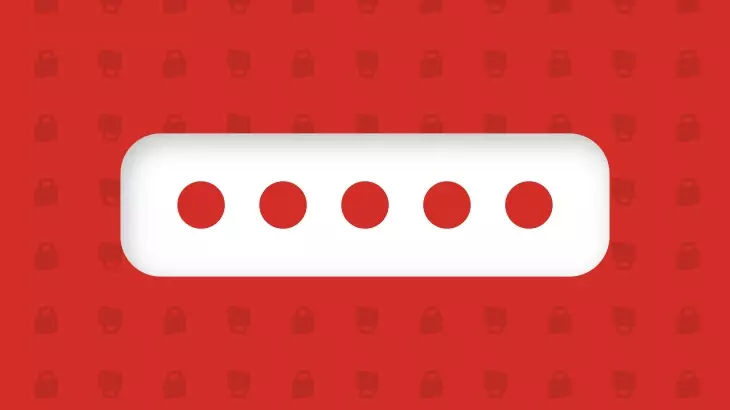
we can suffer cyber attacks very varied. Hackers use all kinds of strategies to manage to steal passwords, personal data or make a program stop working properly. There are attacks that can be very sophisticated, but others are quite simple. In this article we echo a type of link that can reach you and that could be the way to entrance to malware. It could reach you, for example, through WhatsApp.
And yes, a single link it can be really dangerous. It could direct you to a page to download a malicious file, a website where you have to log in and your password is stolen, etc. The attacker will try to use some strategy to actually make you click. They might say there’s a bug with your account, that it’s a prize and you need to download a file, etc.
Links with ZIP domains
They recently launched several new domain types including ZIPs. Some security researchers have already warned of the problem that it could cause and it seems that we are already seeing it. Cybercriminals are starting to send links with the .ZIP domain where they host web pages or e-mail addresses.
Sure, .ZIP is a file format very popular. What does this mean? If the victim receives a link to that type of domain, they may think it is a ZIP file. Also, in the opposite case, that hackers create web pages with common names and the ZIP domain to be able to send malicious files. A clear example would be the case of setup.zip.
The researchers give as an example a series of instructions to download and install a file. That file, which again could be setup.zip, could be identified as a URL by many platforms and redirect the user to that web page. Basically, by clicking we will be redirected to that website.
That website could redirect directly to another url from which a fake file is going to be downloaded, created only to steal data. The attacker is going to play with this possibility and would have the ability to clearly defraud the victim, to make them believe that they are dealing with something safe and it really is not.
Basically we are facing a Phishing attack, which uses a novel strategy. This can give rise to the problems we already know: theft of passwords, personal data, sneaking in some type of malware…
What to do to avoid these attacks
The most important thing to avoid being a victim of this type of attack is to keep the common sense. Be careful with any link they send you, especially if it comes from someone you don’t know. If you receive a link via WhatsApp, before opening it, check carefully who sent it to you, what it says in the message, etc.
You should also have security programs. This will help you to have greater protection and detect threats of this type. In case they try to send you a virus, the security software will be able to detect it. It will be able to notify you so that you delete it as soon as possible and thus prevent it from spreading.
Also, have the updated device it is equally essential. In many cases, hackers can take advantage of existing vulnerabilities. They can break a security flaw and thus gain entry into the victim’s system. Therefore, always update your devices correctly. Likewise, it is essential to protect the bank card when paying and any platform you use.



